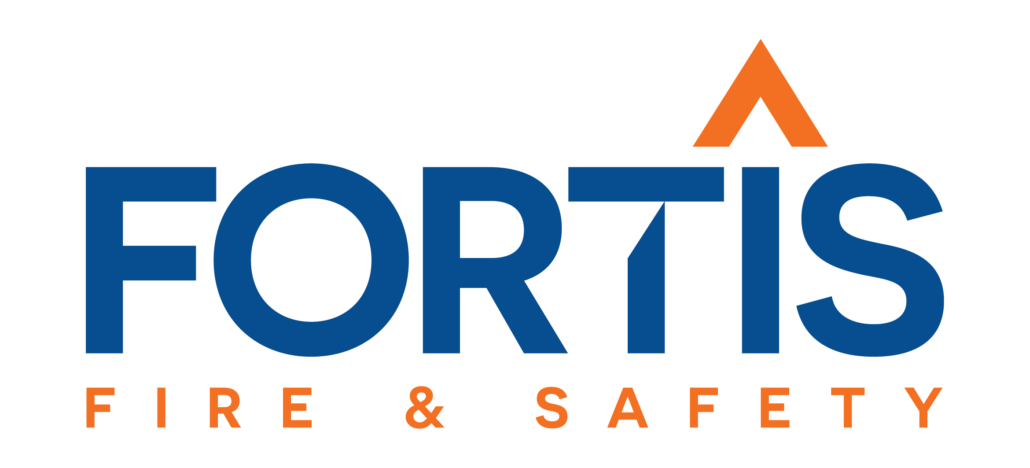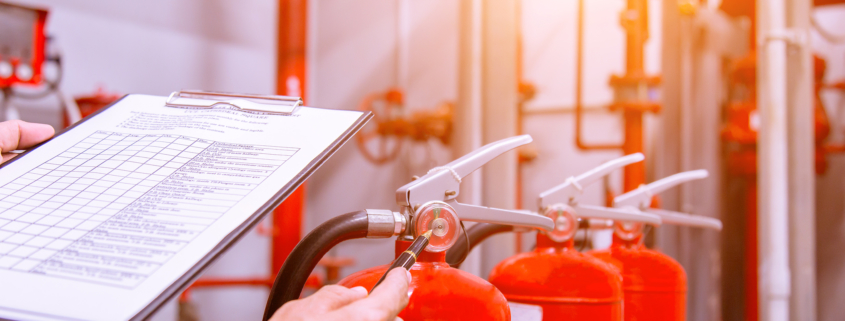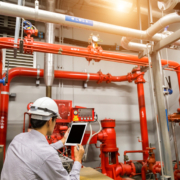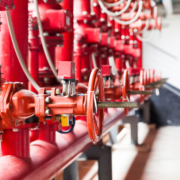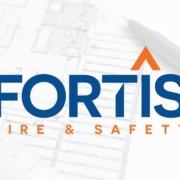How Often Should Fire Protection Systems Be Serviced?
Fire protection systems are a crucial part of maintaining a safe environment in any building. While it may seem that simply installing the equipment is enough, it is important to remember that these systems require regular maintenance and servicing to ensure they are in proper working condition.
In this blog, we will explore the different types of fire protection systems and discuss how often they should be serviced or inspected. From weekly checks to annual inspections, we will cover everything you need to know to keep your building and its inhabitants safe.
Fire Protection Maintenance and Inspection Schedules
Fire protection maintenance schedules are an essential aspect of maintaining the safety and integrity of any building. These schedules are put in place to ensure that fire protection systems are working at optimal capacity and are ready to respond in the event of a fire. By regularly servicing, replacing, and monitoring these systems, we can reduce the risk of damage or injury.
It’s important to note that local regulations play an important role in determining the frequency of fire protection maintenance. A fire marshall or other authority holding jurisdiction (AHJ) will typically review your fire protection system to ensure that it is in compliance with local codes and regulations. However, there are some overarching trends in the industry that generally dictate when each type of system needs to be serviced or replaced.
In general, fire alarms, fire suppression systems, and fire extinguishers need to be checked and serviced on a regular basis. The frequency of these checkups can vary depending on the type of system and the location of the building, but generally speaking, fire alarms should be inspected and tested at least annually, fire suppression systems should be inspected and tested every six months, and fire extinguishers should be inspected monthly and serviced as needed.
It’s also important to keep records of all these inspections and maintenance tasks. Keeping accurate records will help you keep track of the system’s status and ensure that everything is up to code.
Fire Sprinkler Systems
The best practice for a fire sprinkler system is to perform quarterly and annual sprinkler inspections. Particularly in colder areas, regular maintenance and inspections are essential.
For example, a wet pipe sprinkler system needs to be kept at above freezing temperature during the colder months in order to prevent costly damage to the system.
Fire Suppression Systems
Fire suppression systems include extinguishing fires through gaseous chemical or foam agents instead of water. Examples of fire suppression systems include:
- Clean agent
- CO2 Systems
- Wet chemicals
They must be inspected on a semi-annual basis according to NFPA guidelines.
Fire Alarm & Detection
Fire alarms or smoke alarms should be inspected by a professional on an annual basis- at a minimum.
Inspect these systems for leaks, cracks, warning lights or obstructions weekly. How often they are tested depends on local rules and regulations.
For example, school buildings typically are required to periodically test their fire alarm systems and perform fire drills.
Fire Extinguishers
A fire extinguisher, also known as the first line of defense is a piece of fire safety equipment you want operable at any given moment. They must be inspected once a month after installation.
If the device is prone to rust, impact, or tampering then it must be inspected more often.
Their external maintenance examination occurs annually during the hydrostatic test, or when specified. Internal fire extinguisher tests are examined between 1 – 6 years depending on the extinguisher.
A Final Word
Keeping a well-maintained fire protection system can be the difference between minor and major structural damage. It can also save lives. Proactively maintain your system to have the peace of mind that if the time comes, your building is fully prepared.
Most building owners find that waiting on the fire inspection report is often the most painstaking part of the process. Why do these reports take so long? Take a look at one of our recent articles explaining why the fire inspection report takes so long.
Ready To Have Your Systems Inspected? Consider Fortis
Ensure your building is safe and up to fire protection code compliance by partnering with a company that specializes in fire protection. With over 300 NFPA codes and standards, the rules can get complicated quickly– especially if you don’t know exactly what you’re looking for. Luckily, we do.
At Fortis, we provide world-class fire protection services nationwide. Learn more about our services, here.

